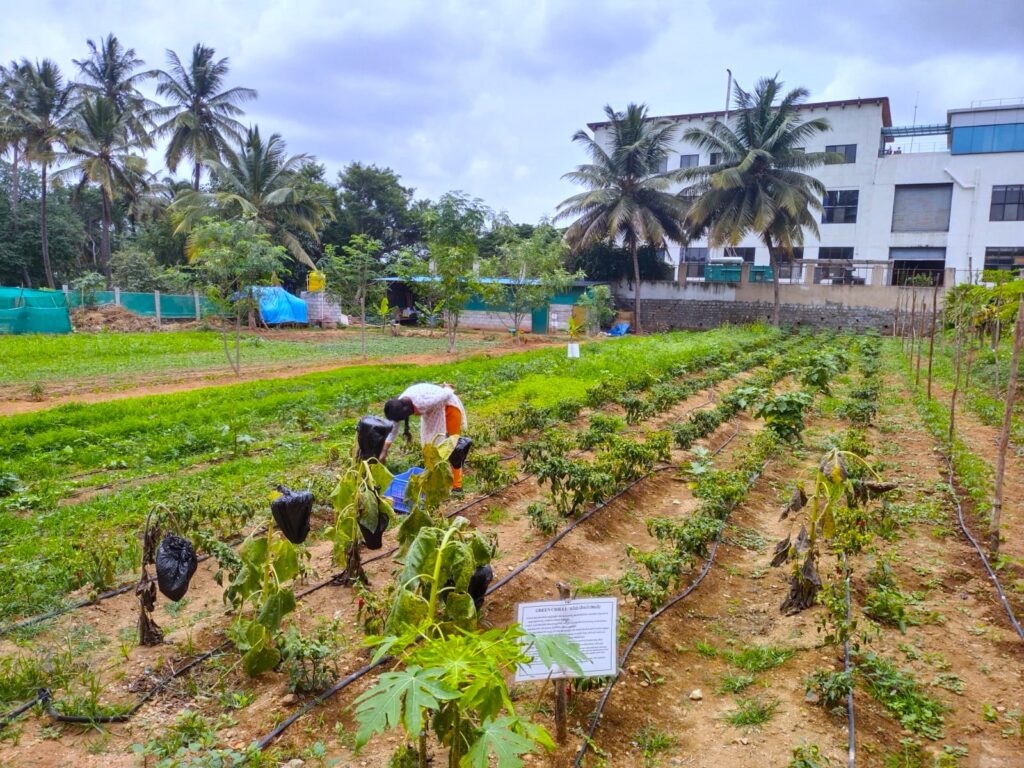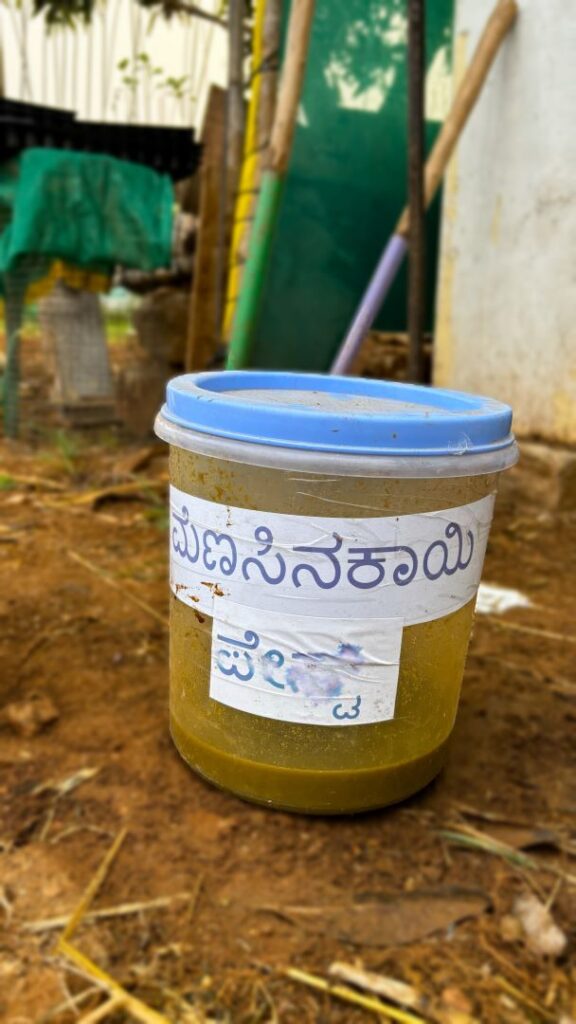Organic Pesticides
What They Are and Why to Use Them
A brief
Pesticides are substances that are used to control, repel, or kill pests, such as insects, weeds, fungi, or rodents, that can harm crops, gardens, or human health.
However, not all pesticides are created equal. Some pesticides are synthetic, meaning they are made from chemicals that are not found naturally. These pesticides can have negative effects on the environment, wildlife, and human health, such as polluting water sources, killing beneficial insects, and causing cancer or other diseases.
That is why one must prefer to use organic pesticides, which are made from natural sources or self-made mixtures that are safer and more eco-friendly.
What Are Organic Pesticides?
Organic pesticides are pesticides that come from natural sources, such as plants, minerals, or microorganisms, or are made from organic soaps, oils, or alcohols.
Organic pesticides are usually biodegradable, meaning they break down into harmless substances over time, and do not leave harmful residues on the crops or soil.
Organic pesticides are also less likely to harm beneficial insects, such as bees, butterflies, or ladybugs, that help pollinate plants and control pests.
Organic pesticides can be classified into different types, depending on their source and mode of action.
Some Common Types of Organic Pesticides:

Botanical insecticides: These are pesticides that are derived from plants, such as pyrethrum, neem, rotenone, or ryania. These pesticides work by affecting the nervous system, digestive system, or reproductive system of the insects, causing them to die or stop feeding. Botanical insecticides are usually fast-acting, but also break down quickly, so they need to be applied frequently and at the right time. Botanical insecticides can also harm beneficial insects, so they should be used with caution and only when necessary.
Mineral pesticides: These are pesticides that are made from minerals, such as boric acid, diatomaceous earth, or kaolin clay. These pesticides work by dehydrating, suffocating, or repelling the pests, without affecting their internal organs. Mineral pesticides are usually long-lasting, but also non-selective, meaning they can affect any organism that comes in contact with them. Mineral pesticides can also clog the pores of the plants, reducing their ability to breathe and photosynthesize, so they should be used sparingly and only on certain plants.
Microbial pesticides: These are pesticides that are made from microorganisms, such as bacteria, fungi, or viruses, that infect and kill the pests, without harming the plants or other animals. These pesticides work by producing toxins, enzymes, or hormones that disrupt the metabolism, growth, or development of the pests, causing them to die or become sterile. Microbial pesticides are usually specific, meaning they only affect certain types of pests, and do not persist in the environment, so they are considered safe and effective. However, microbial pesticides can also be affected by environmental factors, such as temperature, humidity, or sunlight, so they need to be stored and applied properly.
Why Use Organic Pesticides?
Organic pesticides have many advantages over synthetic pesticides, such as:
- They are safer for human health, as they do not contain toxic chemicals that can cause cancer, birth defects, or neurological disorders.
- They are better for the environment, as they do not pollute water sources, soil, or air, and do not harm wildlife, such as birds, fish, or bees.
- They are more sustainable, as they do not deplete natural resources, such as fossil fuels, or contribute to climate change, such as greenhouse gases.
- They are more economical, as they can be made from cheap and readily available materials, or grown in the garden, and do not require expensive equipment or licenses to use.
Summary
Organic pesticides are pesticides that are made from natural sources or self-made mixtures that are safer and more eco-friendly than synthetic pesticides.
Organic pesticides can be classified into botanical, mineral, or microbial pesticides, depending on their source and mode of action. Organic pesticides can also be made at home, using simple ingredients and methods, such as vegetable oil spray, soap spray, neem oil spray, garlic spray, or Chile pepper spray.
Organic pesticides have many advantages over synthetic pesticides, such as being safer, better, more sustainable, and more economical. However, organic pesticides also have some limitations, such as being less effective, less stable, or less selective than synthetic pesticides, so they need to be used with care and knowledge.
Organic pesticides are not a magic bullet, but a tool that can help reduce the reliance on synthetic pesticides and promote a healthier and greener way of farming.
HAPPY FARMING!

